Tory MPs fear losing seats if David Cameron cuts constituencies
The move to reduce the number of parliamentary seats from 650 to 600 risks a rebellion among Tory MPs
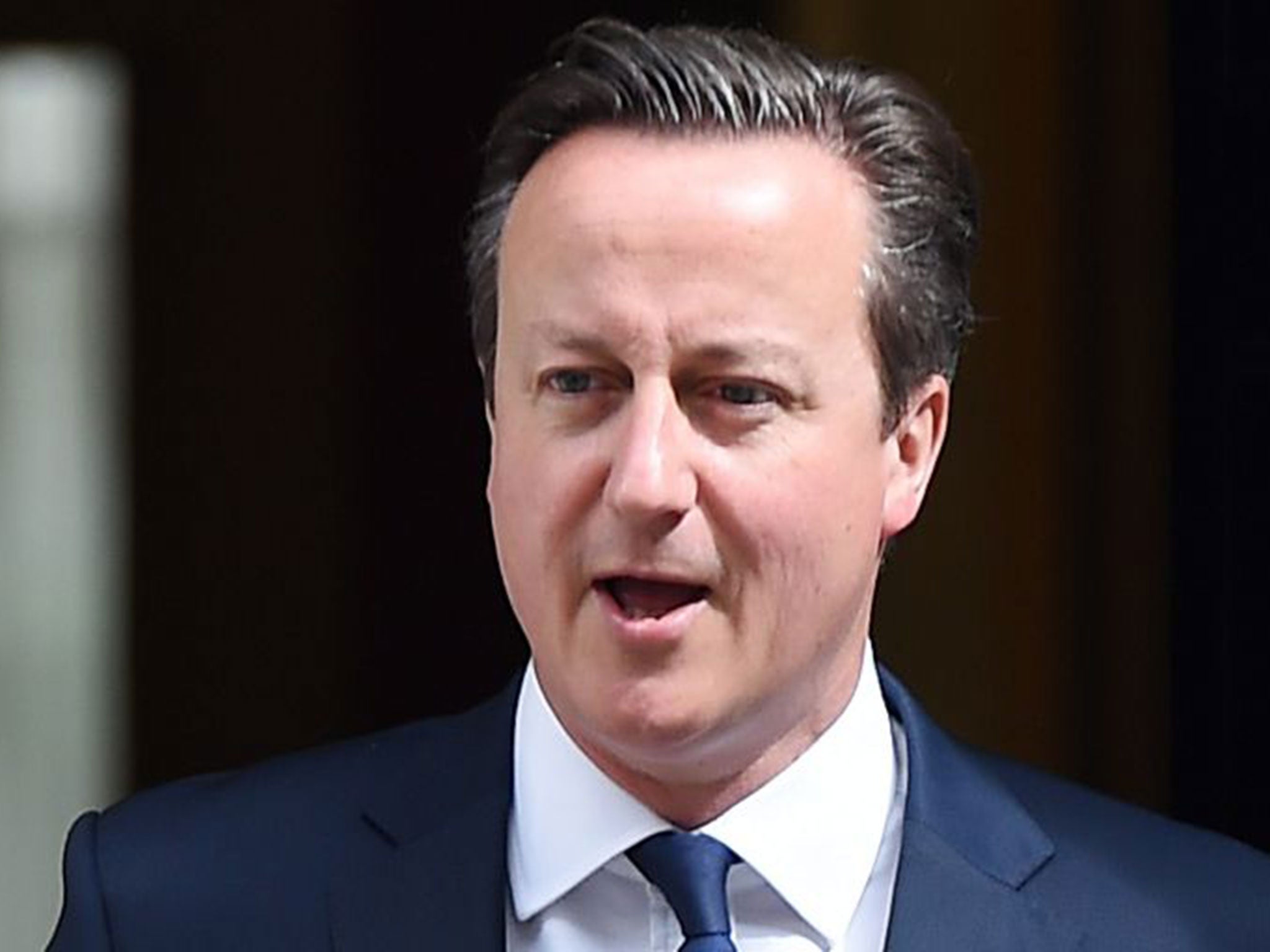
Your support helps us to tell the story
From reproductive rights to climate change to Big Tech, The Independent is on the ground when the story is developing. Whether it's investigating the financials of Elon Musk's pro-Trump PAC or producing our latest documentary, 'The A Word', which shines a light on the American women fighting for reproductive rights, we know how important it is to parse out the facts from the messaging.
At such a critical moment in US history, we need reporters on the ground. Your donation allows us to keep sending journalists to speak to both sides of the story.
The Independent is trusted by Americans across the entire political spectrum. And unlike many other quality news outlets, we choose not to lock Americans out of our reporting and analysis with paywalls. We believe quality journalism should be available to everyone, paid for by those who can afford it.
Your support makes all the difference.Conservative MPs will start to learn next week whether their constituencies are at risk of being scrapped as David Cameron presses ahead with the biggest redrawing of the political map for a generation.
The move to reduce the number of parliamentary seats from 650 to 600 risks a rebellion among Tory MPs who believe the House of Commons should remain at its current size.
Some had hoped the plans would be abandoned following their election victory, but the Prime Minister has signalled his determination to deliver on a promise in the party’s manifesto.
As many as 19 seats won by the Conservatives could vanish as a result of the move, along with around 20 held by Labour and four of the Liberal Democrats’ remaining eight constituencies. From 13 July, Tory MPs from different regions will be called in by party officials to be briefed on the impact on their area of the abolition of 50 seats.
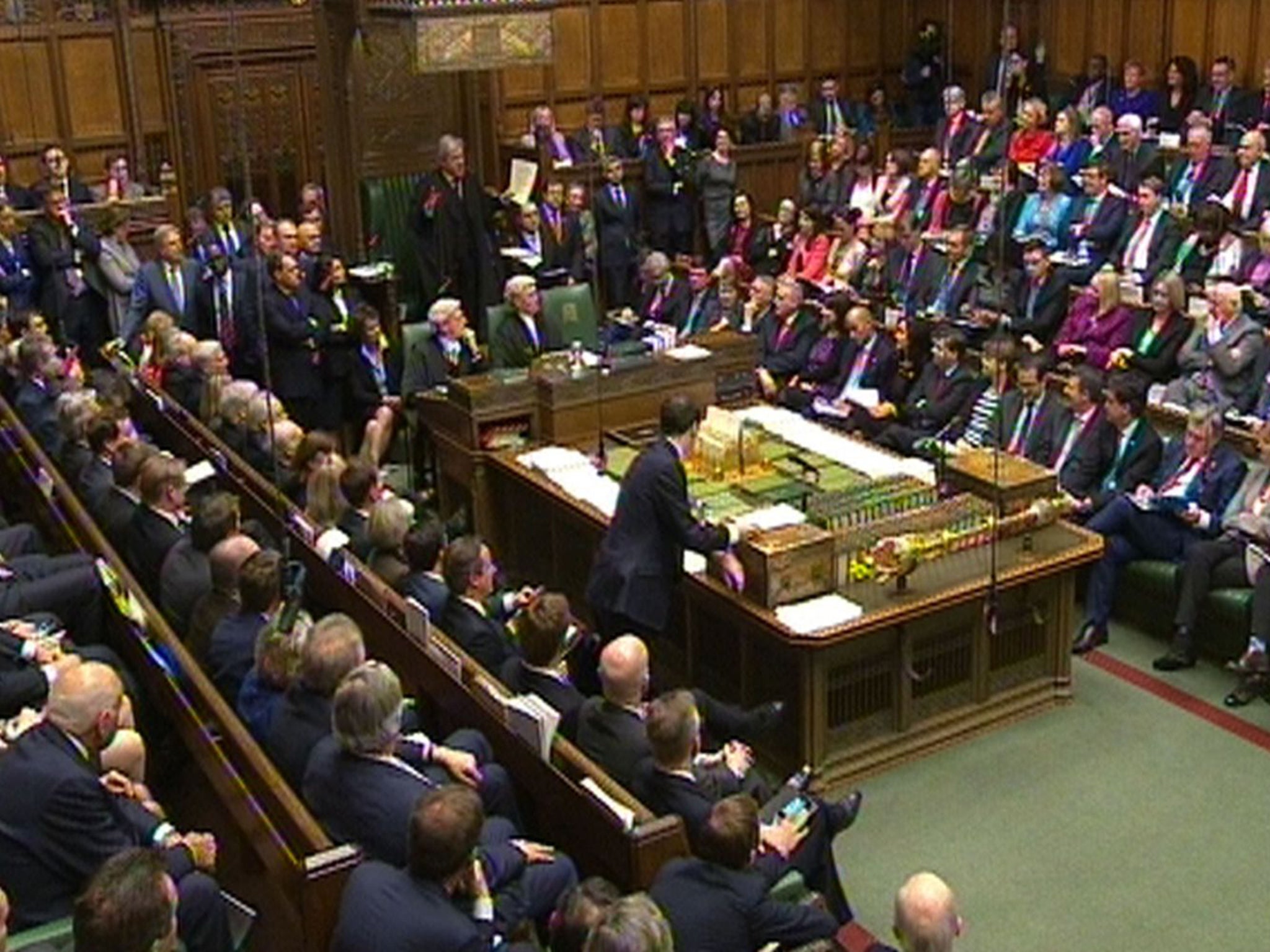
The first group to be summoned is from London, where the party holds 27 of the 73 seats and where five constituencies could be scrapped.
The moves were first promised by the Conservatives during the 2010 election campaign, but were blocked by the Liberal Democrats in the Coalition.
The party repeated the pledge in this year’s manifesto as a move to cut the cost of politics, but it is opposed by several of its MPs, including Graham Brady, chairman of the backbenchers’ 1922 Committee.
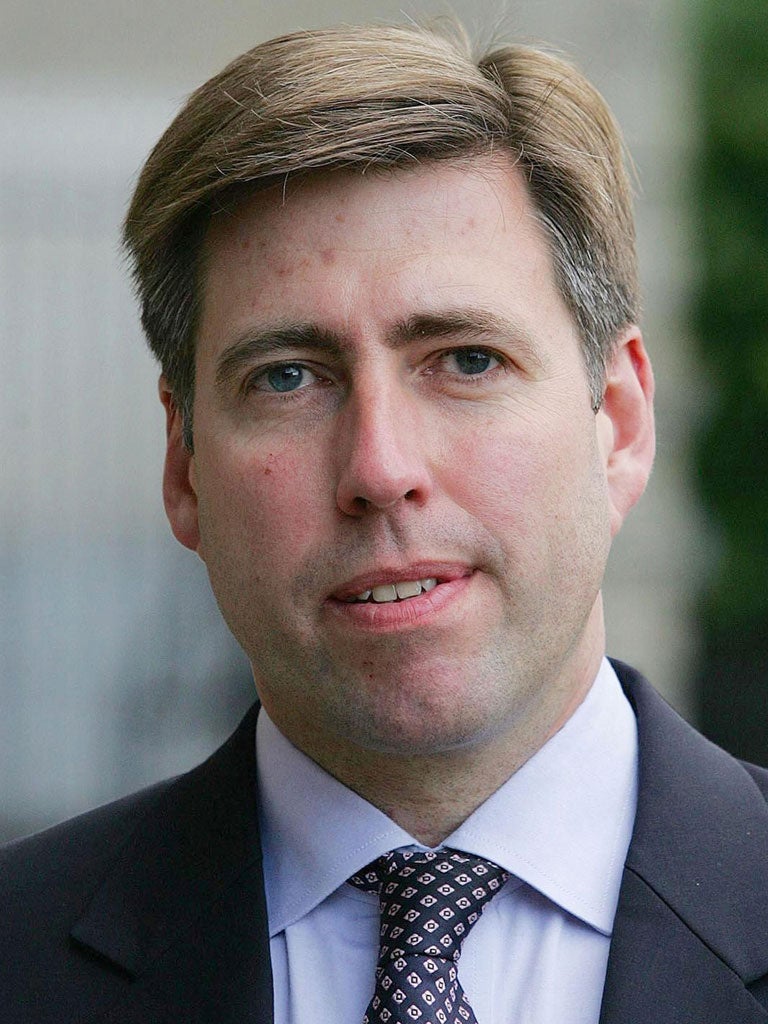
One backbencher said new MPs were “quite jittery” over the plans and suggested party chiefs could be forced to back off.
“It does seem as though the party is still talking through the idea of having 600, not 650, MPs. I think their view is that with 600 we will be net beneficiaries even though we will lose seats. Personally, I think it will be very difficult to get through.
“All the other parties will be against it and it only needs a small rebellion of six Tory MPs to cause a problem in a vote.”
Another MP said: “Meetings with Conservative Campaign Headquarters are beginning to happen. But the phrase ‘I’m from CCHQ, I’m here to help’ has never been one of the most reassuring phrases.”
A party source insisted: “The reduction in constituencies will happen – it’s there in black and white in the manifesto.”
He stressed the meetings were only preliminary as detailed recommendations on re-drawing boundaries would be eventually made on population figures at the end of the year.
The Commons would be reduced to its smallest size since Victorian days, and constituencies would have an electorate of between 72,810 to 80,473 voters. In contrast the House of Lords is at its biggest size since 1999 and is expected to grow further with the appointment of new peers.
According to one analysis, the Conservatives would have won a majority of 22 in May instead of 12 if the election had been contested in 600 constituencies.
Facing the chop: The big names who could be in peril
Several big political names could see their House of Commons seats swept from under them if 50 constituencies are scrapped.
The most senior Tory in jeopardy is the employment minister, Priti Patel, whose Witham seat in Essex could be merged with neighbouring Braintree.
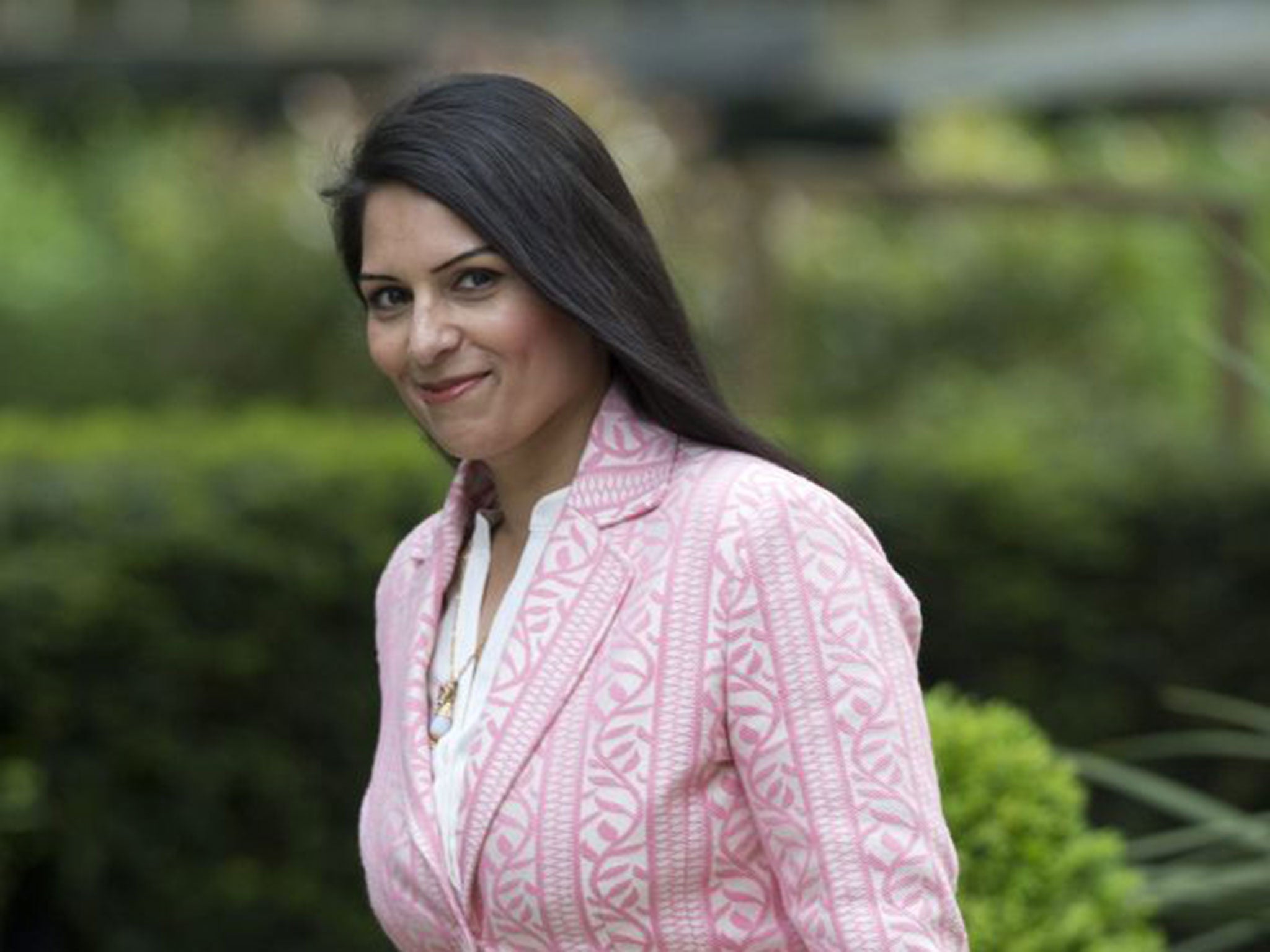
The former Cabinet minister Caroline Spelman and the Attorney General, Jeremy Wright, may be forced to fight it out if the West Midland seats of Meriden and Kenilworth and Southam are amalgamated.
Andrea Jenkyns, who sensationally defeated the shadow Chancellor Ed Balls on 7 May, could find her time at Westminster short-lived if the West Yorkshire constituency of Morley and Outwood is swept away.
Kenneth Clarke, the former Chancellor, might decide to call it a day at the next election after 50 years in Parliament if a shake-up of Nottingham’s constituencies is approved.
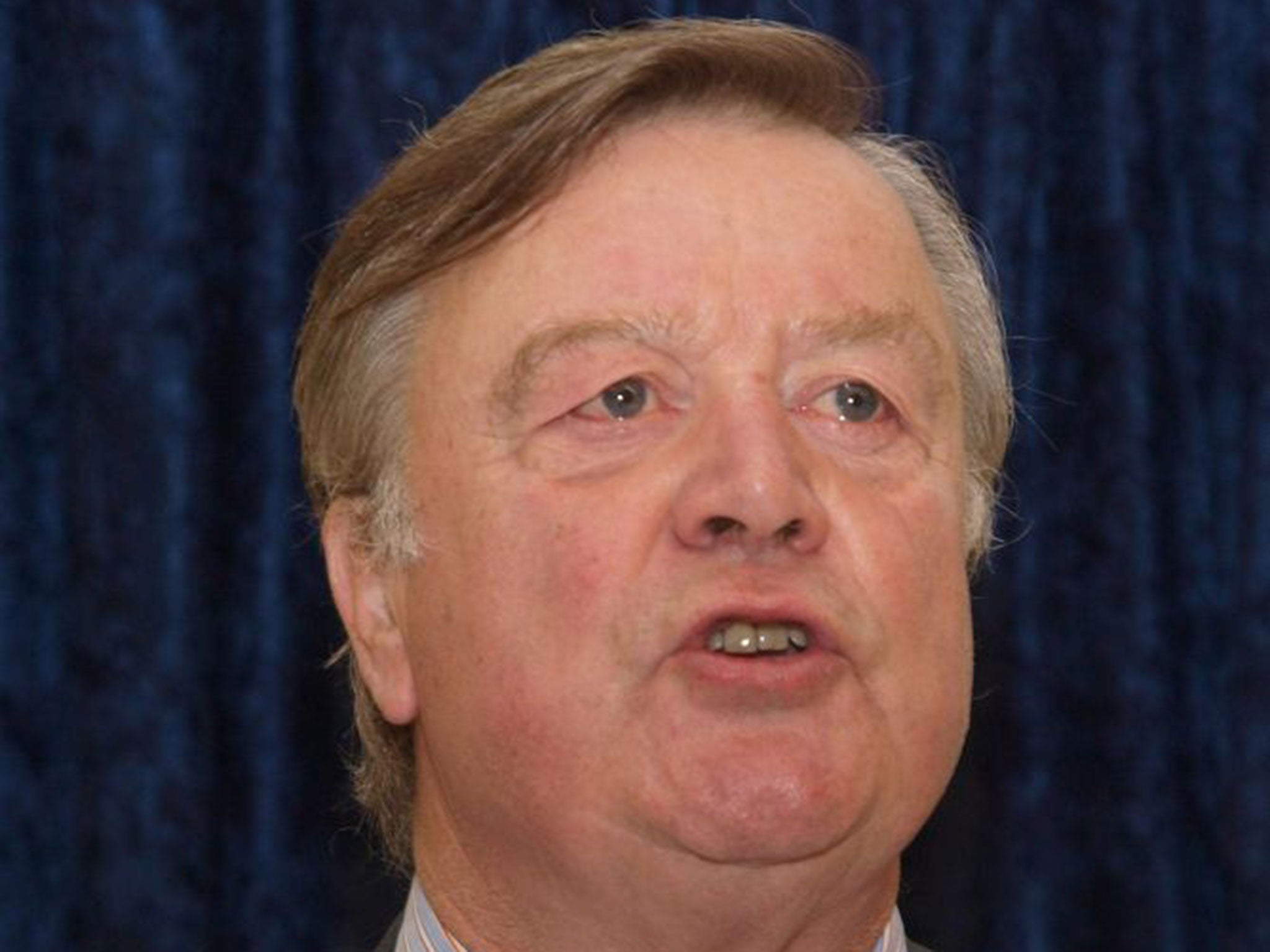
Among the 20 Labour MPs who could be in trouble is the leadership candidate, Liz Kendall, whose Leicester West constituency could be merged.
Norman Lamb, the Lib Dem leadership contender, may also lose his Norfolk North powerbase.
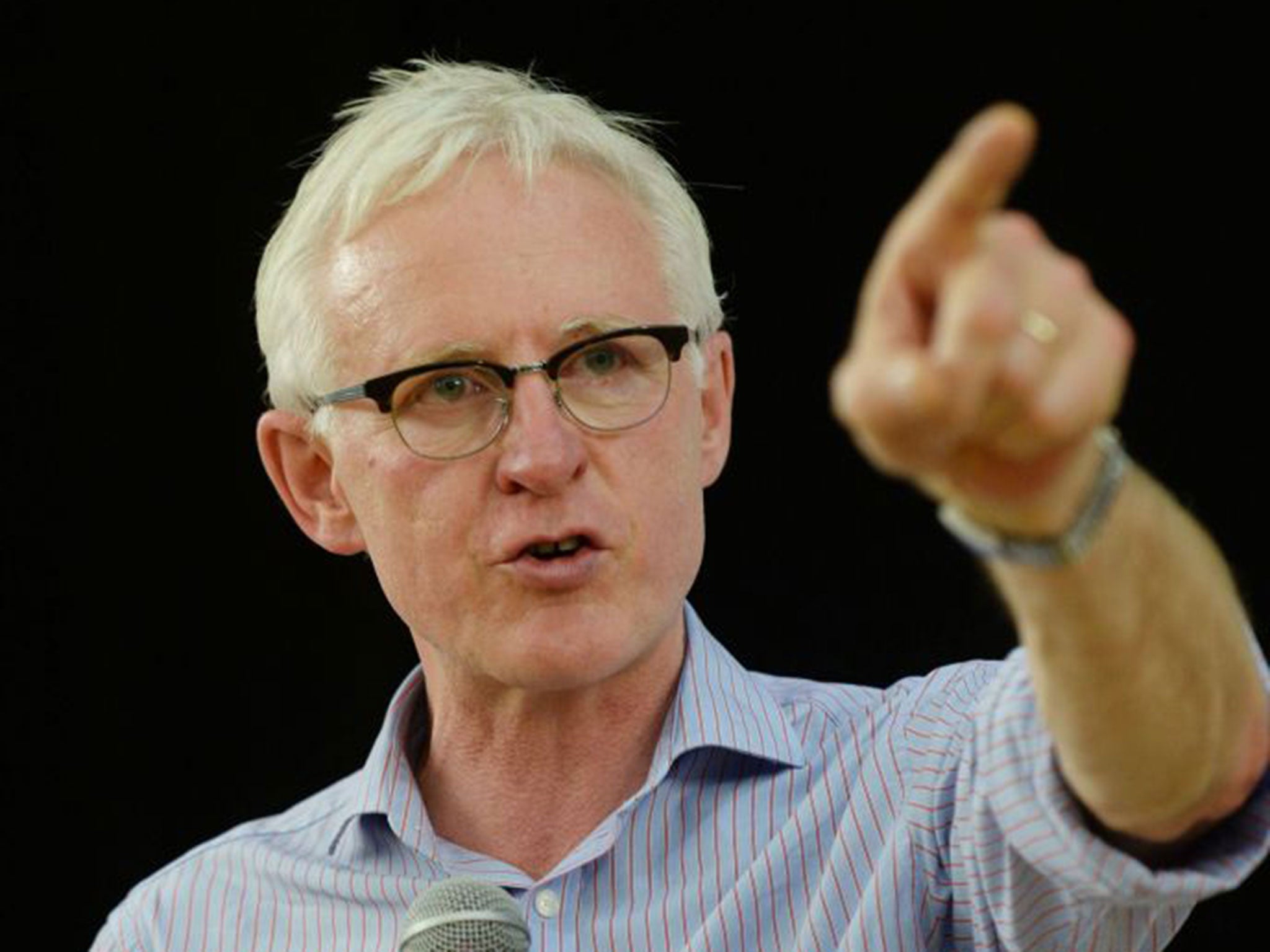
Under the previous proposals England would have lost 31 parliamentary constituencies, including three in the North East, seven in the North West, five in the West Midlands, two in the East Midlands, four in Yorkshire and Humber, two in the South West, two in the East and one in the South East.
Meanwhile Wales would have lost ten of its 40 seats, Scotland seven and Northern Ireland two.
Join our commenting forum
Join thought-provoking conversations, follow other Independent readers and see their replies
Comments